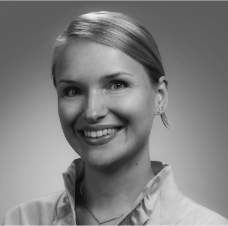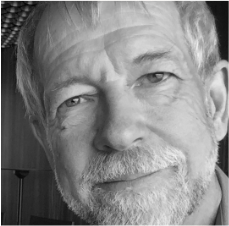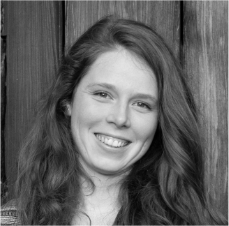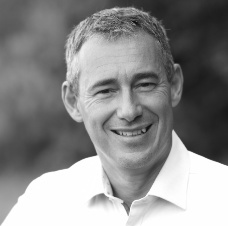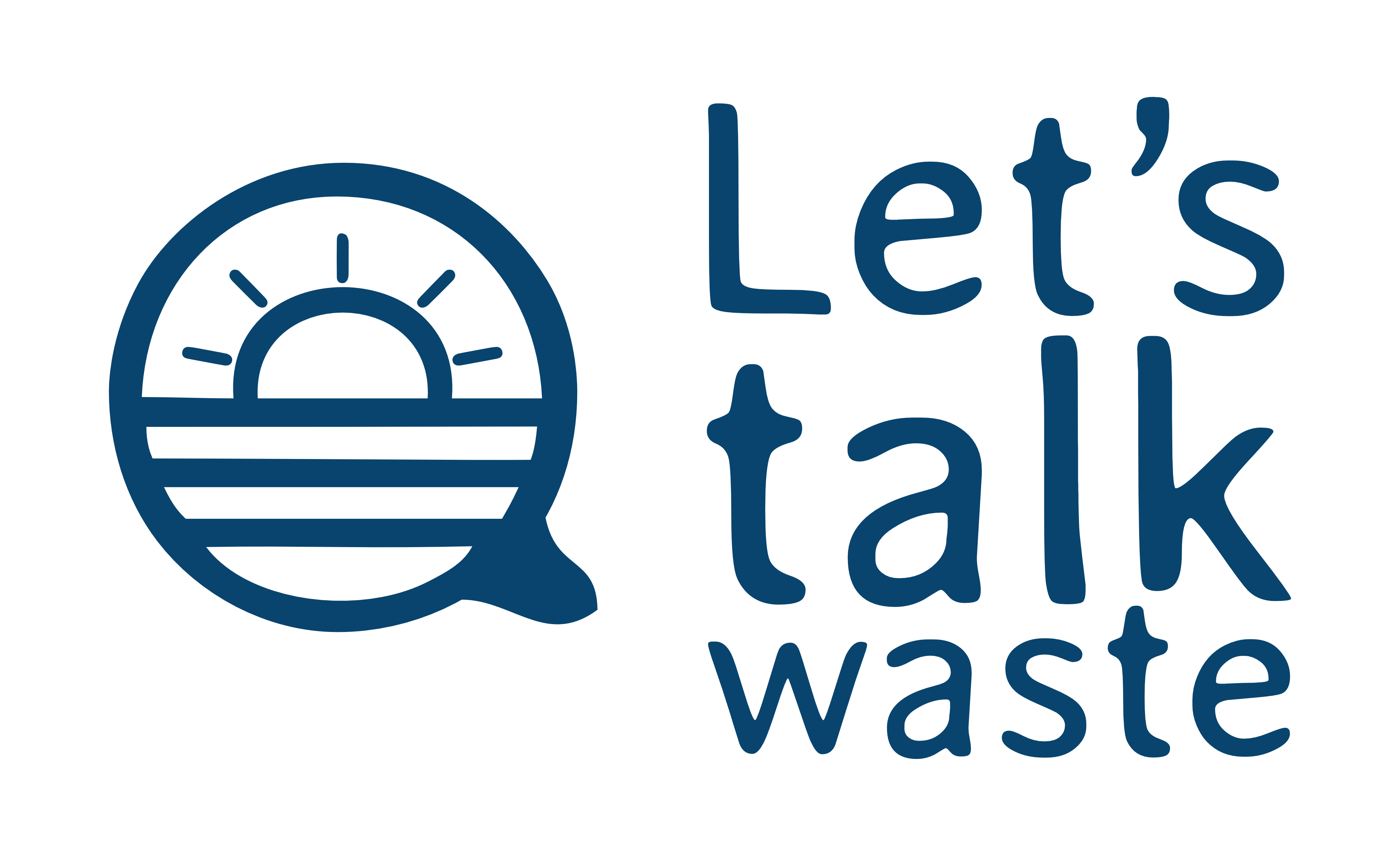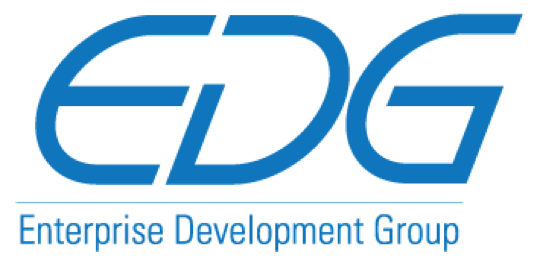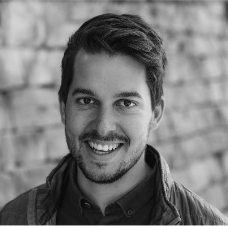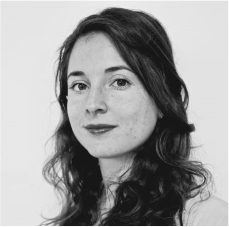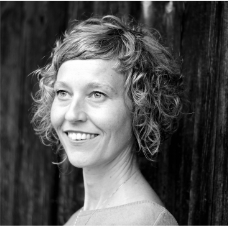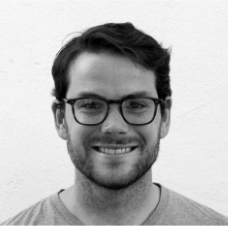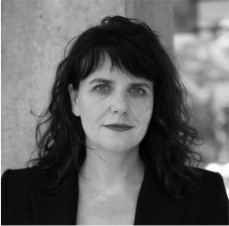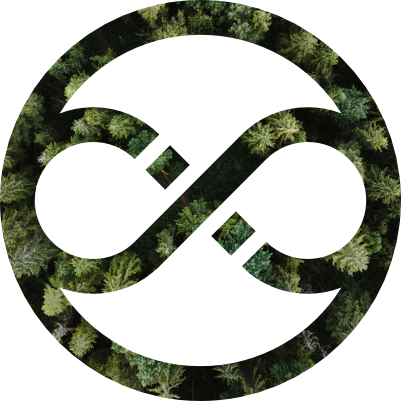
We believe that waste is a failure of design. Should we start seeing it as an opportunity?
The waste generation ecosystem has become so complex that it is challenging for an individual stakeholder to truly make a difference. There is no simple solution; everything is connected. We imagine a way forward by closing loops and building resilience through human-to-human connections across the corners of the ecosystem: regulation, design, innovation, production, distribution, consumption and waste treatment.
When talking about Circular Economy or even more simply Sustainable Economy, the key terms that come to mind are collaboration, interdependence, complexity, closed loops and regeneration. Circular Economy is about interconnectedness, it cannot be done in silos: we have to connect and move forward together as an ecosystem.
This is why Future of Waste is hosting multi-stakeholder dialogue sessions on a local level to collectively redefine the value of waste, envision a regenerative future of our products and prototype ways to get there. An economy that regenerates the natural environment rather than depletes it, with a regulatory framework that allows for that to happen and with a deeper caring and understanding of the products that are placed on the market.
How it all started
It was on a warm day of September 2020, in Bern that Boryana and Julia met for the first time at the Day of Collaboration, the first module of the Catalyst Lab by collaboratio helvetica. They did not know it yet but that budding connection would turn into a strong and long-lasting collaboration.
Through the upcoming months of the Catalyst Lab, both of them interviewed stakeholders in their respective regions and worked on their individual initiatives. But by Module 4 on Crystallizing, it became clear that to reach their common vision of a regenerative Switzerland they should be joining forces. So on February 12th, 2021 they chose a name for their joint venture and Future of Waste was born.
This was the beginning of a journey to shift mindsets and guide a systemic change in Switzerland towards a circular economy.
